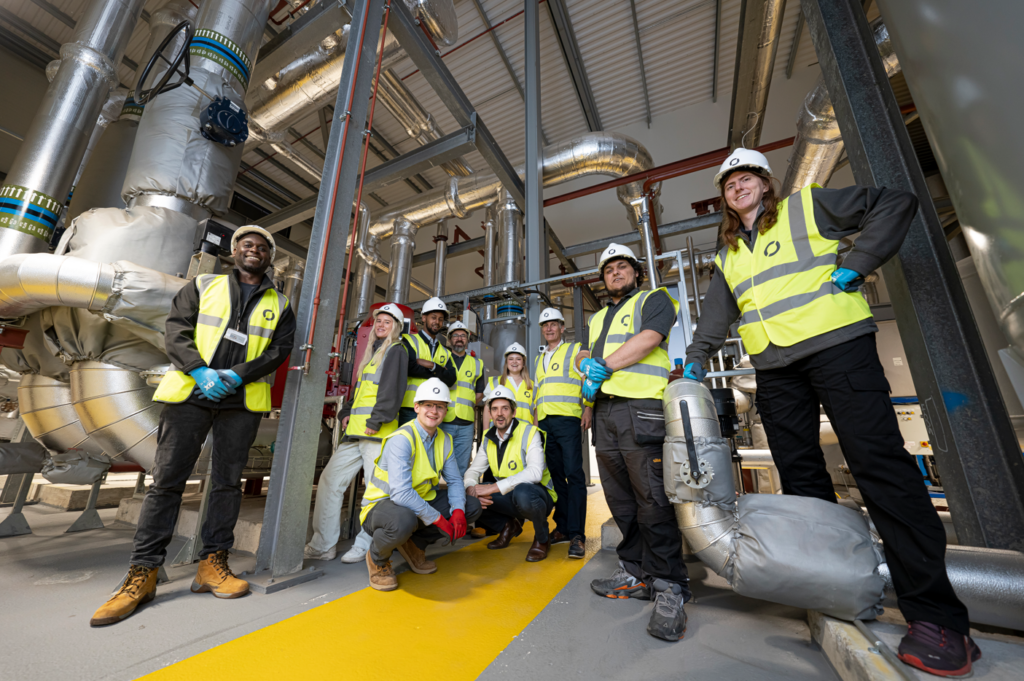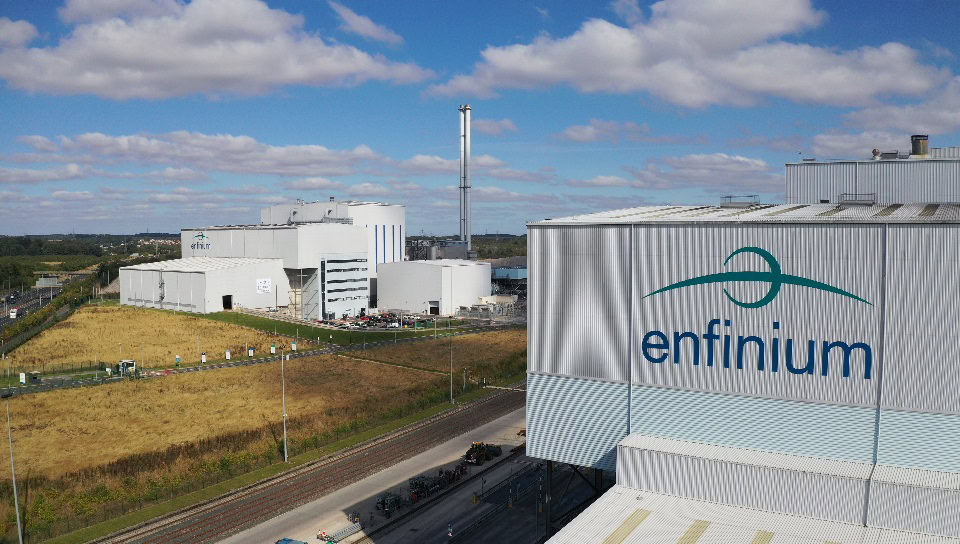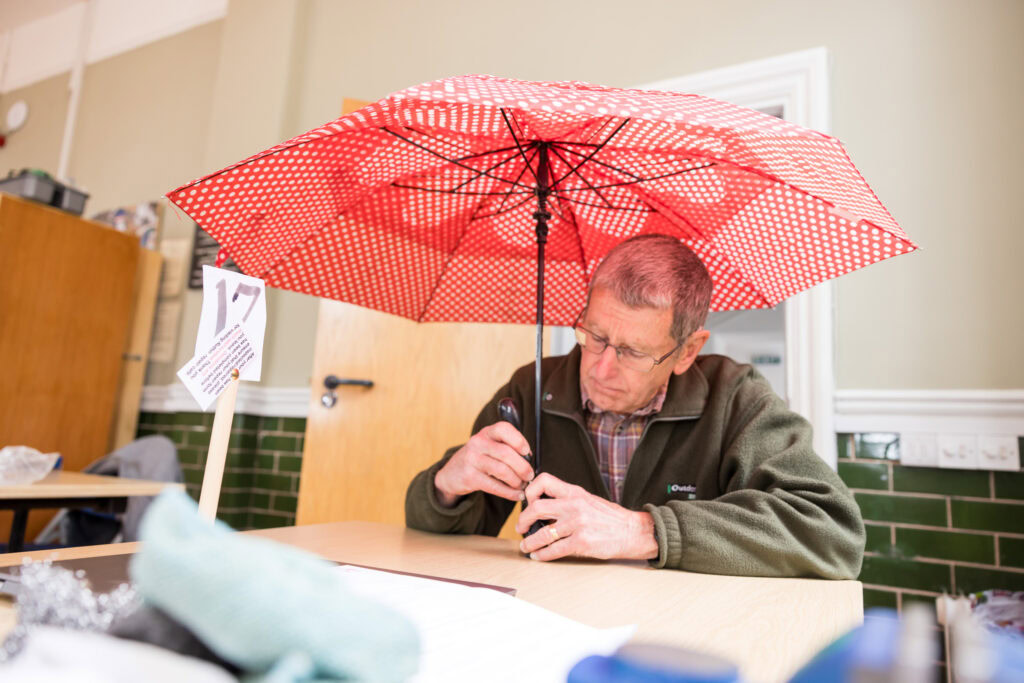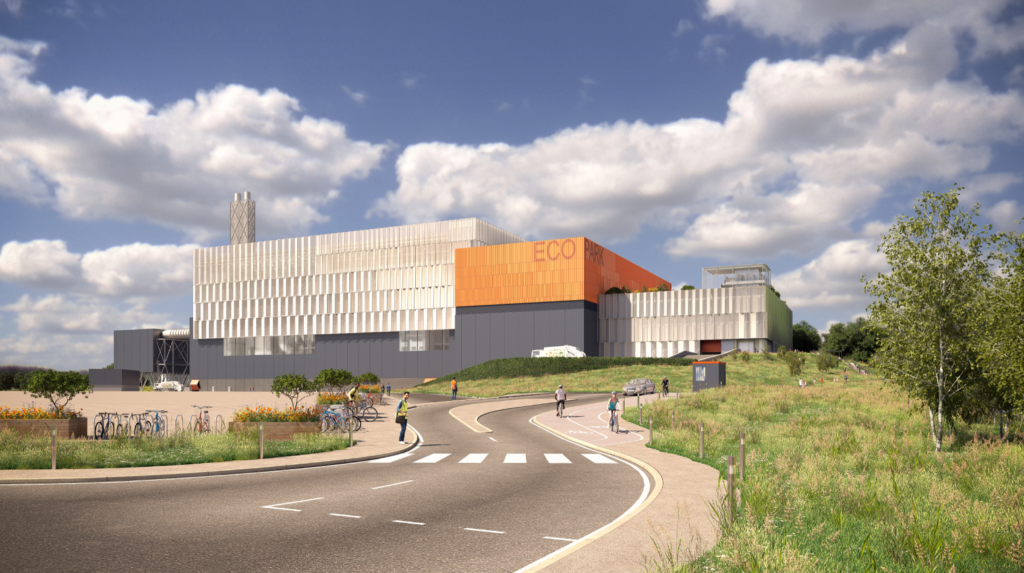An additional £12.6 million will go to the Hemiko multi-source heat pump network in Barnsley which – alongside other expansion plans – is looking to explore the capture of waste heat from a nearby industrial manufacturing plant.
A total of £57 million was awarded to five projects through the fund. It aims to fuel sustainable urban regeneration with the benefits set to impact 17,000 new homes and buildings. The projects are expected to save a combined total of over 385,000 tonnes of CO2.
Minister for energy consumers, Miatta Fahnbulleh, said: “Building new, greener heat networks is just one of the ways we are investing in clean power, helping to finally secure our country’s energy independence.
“These exciting new projects will see thousands of homes and businesses benefit from cleaner, low-cost heating – leading to lower energy bills and creating hundreds of jobs.”
LeedsPIPES network
Leeds will be awarded £24.5 million for an extension to the LeedsPIPES network.
The South Bank extension, located in one of Europe’s largest brownfield regeneration sites, aims to allow an additional 8,000 homes and buildings to connect to the low carbon heat network, powered using a local source of waste heat.
The project previously received £3 million in funding from the government’s Heat Networks Investment Project (HNIP) and connected over 1,900 homes and non-domestic buildings to EfW scheme, whilst helping to employ over 400 people.
The extension will connect an additional 16km of pipework to the heat network for up to 8,000 new residents and mixed-use customers, across 28 buildings, representing the most significant investment to the project since its inception.
The project will also support an additional 81 new jobs across the heart network sector, and 16 apprenticeship positions.
GHNF is also supporting the connection into two new low carbon EfW heat sources, providing a total of 30GWh of waste heat per year to both residential and non-domestic buildings across Leeds.
GHNF is also supporting the connection into two new low carbon EfW heat sources, providing a total of 30GWh of waste heat per year to both residential and non-domestic buildings across Leeds.
John Lewis, head of building engineering (UK and Ireland) at AECOM, said: “Heat networks will play a critical role in facilitating the UK hitting its 2050 net zero target, providing energy-efficient heat to support new and existing communities.
“With more and more local authorities developing heat networks, Leeds’ PIPES network and this latest extension into the South Bank area will continue to act as a flagbearer for how our cities can operate more sustainably.
“The city is ahead of the curve in developing a rapidly expanding heat network and we are delighted that this extension will not only supply low carbon heat to a host of new customers but will also further decarbonise the existing heat network and facilitate its growth.
“The AECOM team has been leading the technical design of this key infrastructure to support Leeds City Council’s ambition to transform and regenerate South Bank. We’re delighted our work will enable a resilient, low carbon energy platform for local communities.”
Hemiko multi-source heat pump network in Barnsley
Hemiko in Barnsley will receive £12.6 million of commercialisation and construction funding for a multi-source heat pump network to decarbonise heating across a range of existing businesses and public sector buildings.
The company will invest a further £32.2 million alongside the funding to develop an initial network which will connect around 20 buildings in the town centre. It has said that it will also deploy further investment to expand the network and offer low carbon heat to all homes and businesses in Barnsley town by 2050.
The project also plans to explore the capture of waste heat from a nearby industrial manufacturing plant as the network expands and densifies.
“Relative drop in the ocean”
Ken Hunnisett, programme director of the fund’s delivery partner, said: “The GHNF, like the Heat Networks Investment Project before it, has helped to prove the technical and commercial efficacy of district heating in a variety of different use cases. The projects announced today are a reminder that modern heat networks are at their brilliant best in our large, densely built towns and cities.
“The £57 million investment announced today is great news for the Fund, great news for the 17,000 homes and buildings that will benefit from low-carbon, low-cost heating, great news for an industry that is growing almost before our eyes, and great news for the planet.
“It’s a relative drop in the ocean of course when you consider the £80 billion the sector is forecast to require if it is to fulfil its enormous potential.”










Subscribe for free